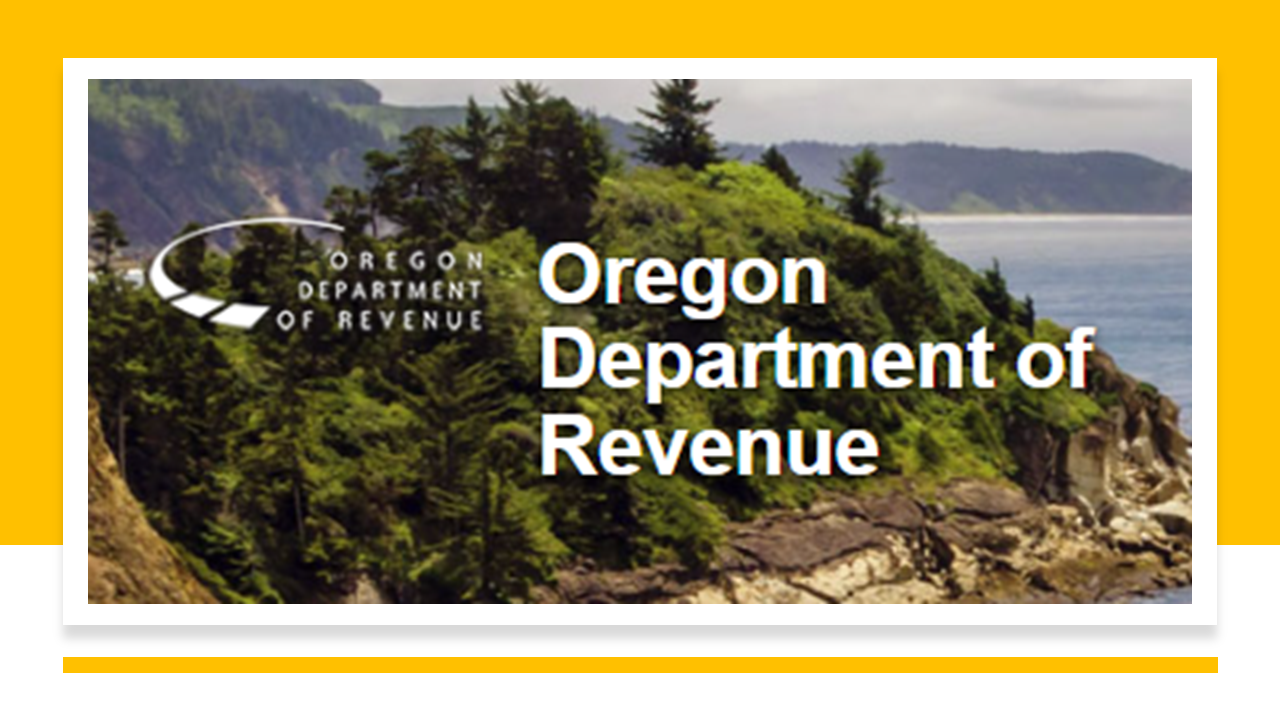June 7, 2022
New State Income Tax Option Now in Effect
A major component of the 2017 Tax Cuts and Jobs Act (TCJA) was a new $10,000 limit on the amount of state and local taxes (SALT) an individual may deduct for regular federal income tax purposes. Individual owners of pass-through entities (sole proprietorships, partnerships, limited liability companies, and S-corporations) report their proportionate share of business income on their individual income tax returns and were subject to the $10,000 annual limit.
States, including Oregon, began working on ways around the SALT cap and in 2021, the Oregon Legislature came up with Senate Bill 727. The fruit it promised to bear is now here.
Registration for new Pass-through Entity Elective tax opened June 6, 2022. “The PTE-E allows S corporation shareholders and partners in a partnership to avoid the $10,000 state and local tax itemized deduction limitation on their personal return enacted during 2018 with the federal Tax Cut and Jobs Act,” according to the Oregon Department of Revenue (DOR). “The S corporation or partnership can make the election if all the member/owners are individuals, or pass-through entities that are owned entirely by individuals.”
Click here to register. “Registration does not mean the business is making the election. The election to pay the PTE-E tax is made when the return is timely filed,” says DOR. “PTEs must first register to make their required estimated payments … The second quarter payment is due June 15, 2022 and includes the first quarter payment. Interest on underpayment of estimated tax will not be assessed for the first quarter if the payment is included with a timely made second quarter payment.”
Some Risk
NFIB supported the federal Tax Cuts and Jobs Act but warned its members that Oregon’s workaround the SALT caps were not without some risk.
Shortly after SB 727 passed, NFIB Oregon State Director Anthony Smith said, “It could significantly benefit many NFIB member businesses by effectively reducing their federal tax liability, but it’s not without some risk. The challenge with SB 727 is that it creates a new tax that didn’t exist prior to its passage – and to address a temporary problem (all personal income tax provisions of the TCJA automatically expire at the end of 2025, which is why we have been focused nationally on making the 20% pass-through deduction for QBI permanent). Once a tax is on the books, it rarely goes away. SB 727 passed with an automatic two-year sunset, but we’ll be watching this one closely in future sessions.”
NFIB is a member-driven organization advocating on behalf of small and independent businesses nationwide.
Related Articles















